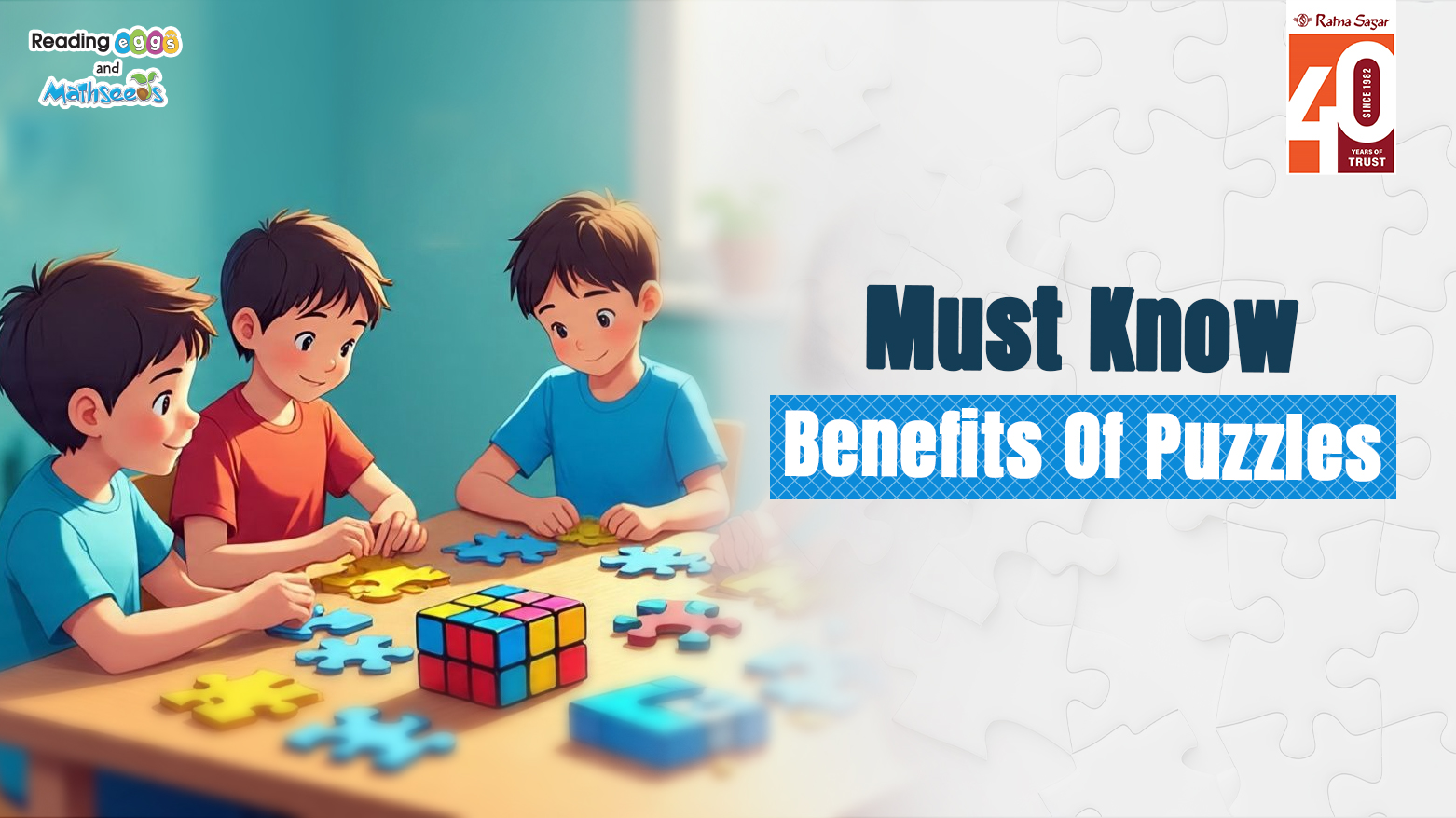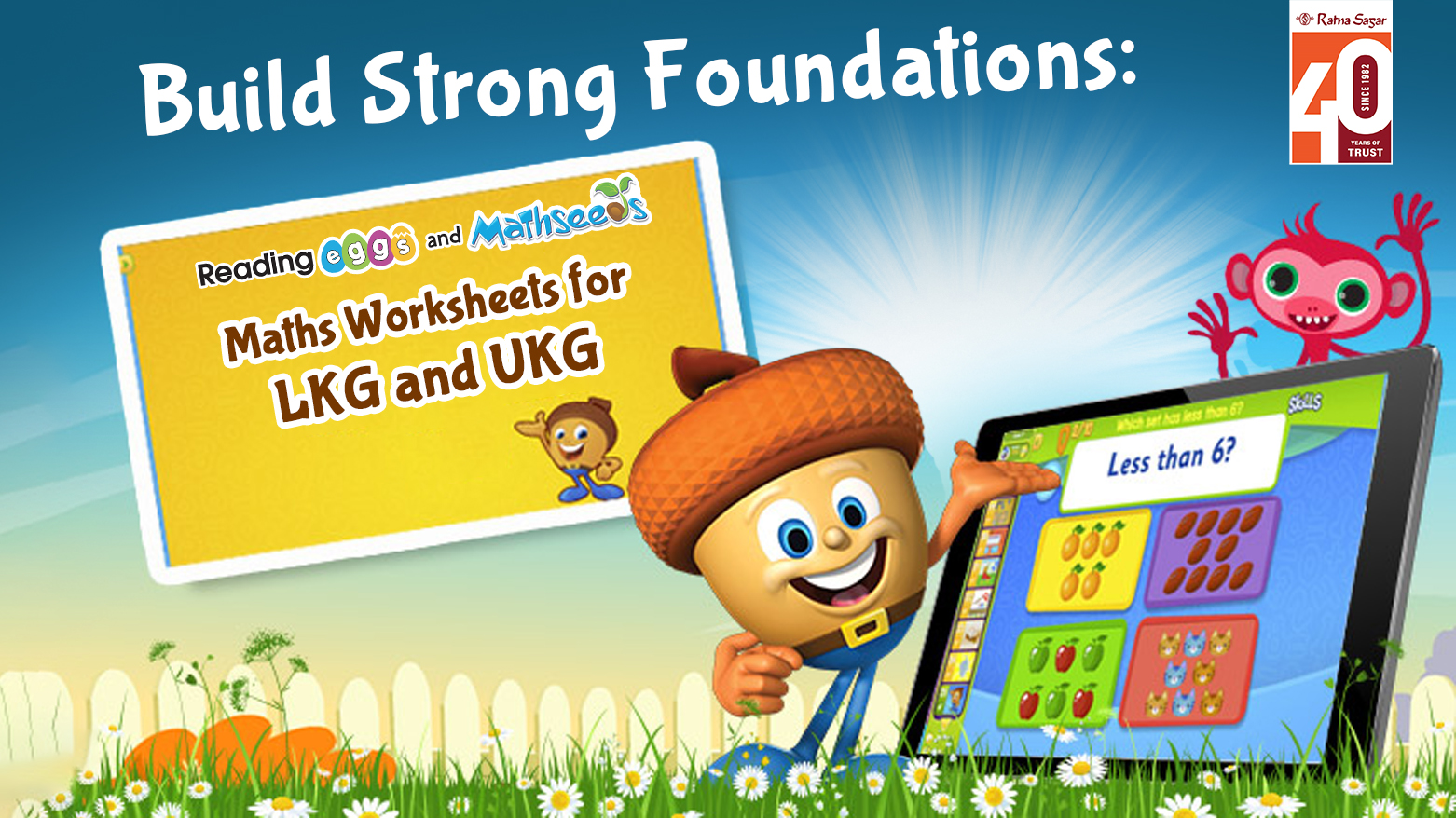Puzzles are more than just a fun pastime—they’re a powerhouse for learning, brain development, and emotional wellness. From toddlers to seniors, everyone can benefit from working through puzzles. Whether it’s a classic jigsaw, a tricky crossword, a math teaser, or a hidden-word challenge, puzzles stimulate the brain in amazing ways.
Leading educators, psychologists, and cognitive scientists agree: puzzles are more than just games. They sharpen focus, improve memory, and build problem-solving skills. Most importantly, puzzles build these abilities in a way that feels fun and rewarding, making them perfect for learners of all ages.
Programs like Reading Eggs and Mathseeds embrace puzzle-based learning, turning reading and math into interactive adventures. And offshoot puzzle books bring back the joy of hands-on learning away from screens.
Puzzles Make Your Brain Stronger
They Exercise Your Brain Like a Workout
Think of your brain like a muscle. It needs regular workouts to stay sharp and strong. Puzzles are like a gym for your brain—they get both hemispheres of your brain working. The left side processes logic and sequence, while the right handles colors, shapes, and creativity.
Experts often highlight puzzles as excellent tools for improving mental flexibility. That means you become better at switching tasks, solving problems, and adapting to new challenges. Just like a muscle becomes stronger with use, your mind becomes sharper the more you puzzle.
Educational programs such as Reading Eggs embed these cognitive exercises into word games and spelling challenges. While kids are having fun, their brains are learning how to decode, remember, and strategize—all essential reading skills.
They Help You Remember Things Better
Memory is like a filing system, and puzzles help keep it organized. Every time you match a piece or solve a clue, you engage your short-term and long-term memory. You remember what pieces you’ve seen, how shapes fit together, or where you saw a pattern.
Puzzles for kids are specifically designed to build these memory pathways. With programs like Mathseeds and Reading Eggs, memory games are seamlessly built into lessons. Kids learn to recall sight words, letter patterns, and math steps, all disguised as fun challenges.
For adults, memory-based puzzles are a brain boost. They help keep the mind active and responsive, whether you're trying to remember daily tasks or sharpen focus. Experts say daily puzzle habits can significantly reduce age-related memory decline.
They Teach You How to Solve Problems
Puzzle-solving is one of the best real-life ways to develop critical thinking. You start with a question or a mess of pieces. Bit by bit, you test solutions, reject what doesn’t work, and try again until you succeed. It’s this trial-and-error process that trains your brain to stay calm and analyze instead of giving up.
For kids, puzzle challenges are like mental obstacle courses. They learn persistence, creativity, and strategy. Offshoot puzzle books are packed with brain teasers, riddles, logic puzzles, and image challenges—all designed to stretch young minds.
In Mathseeds, every mini-lesson is like a mini-mystery. Kids use context clues and problem-solving to work through the math. It’s not just about getting the right answer, but understanding why it’s the right answer.
Puzzles Help You Feel Calmer and Happier
They Reduce Stress and Worry
Sometimes we all just need a break from screens, noise, and to-do lists. Puzzles give us that break. The act of focusing on a single task, like finding the right jigsaw piece or solving a riddle, puts the brain into a state of mindfulness. You're in the moment. You’re not worrying about the past or the future—you’re solving, thinking, and enjoying.
Therapists even use puzzles as part of relaxation therapy. It's a calming ritual, one that signals your brain to relax and focus. This is why so many parents turn to puzzle books and apps like Reading Eggs to wind down their kids after a busy school day.
They Teach Patience and Sticking With It
We’ve all hit that moment in a puzzle where we want to throw in the towel. That frustration? That’s where growth happens. Puzzles train you to stick with challenges. They teach kids (and remind adults) that it’s okay to struggle—what matters is perseverance.
Experts call this “grit,” and it’s one of the biggest predictors of long-term success in school and life. Puzzle-solving reinforces grit through reward-based learning. You try, you fail, you try again—and eventually, you succeed.
Mathseeds excels in this area. Its format encourages retrying. If you get an answer wrong, you're not penalized—you’re coached. Offshoot puzzle books do the same by letting children work at their own pace. The sense of accomplishment when they finally solve a page? Priceless.
They Make You Feel Good
There’s science behind that little rush of joy when you slot the final puzzle piece into place. Your brain releases dopamine, a chemical linked to pleasure and motivation. The more you experience this through puzzles, the more motivated you become to tackle challenges.
This reward loop makes puzzle-solving especially effective for kids. Programs like Reading Eggs and Mathseeds use this feedback system in every lesson. Solve a puzzle? You earn stars, cheers, or fun animations. That feel-good feedback encourages more learning, more confidence, and more joy.

